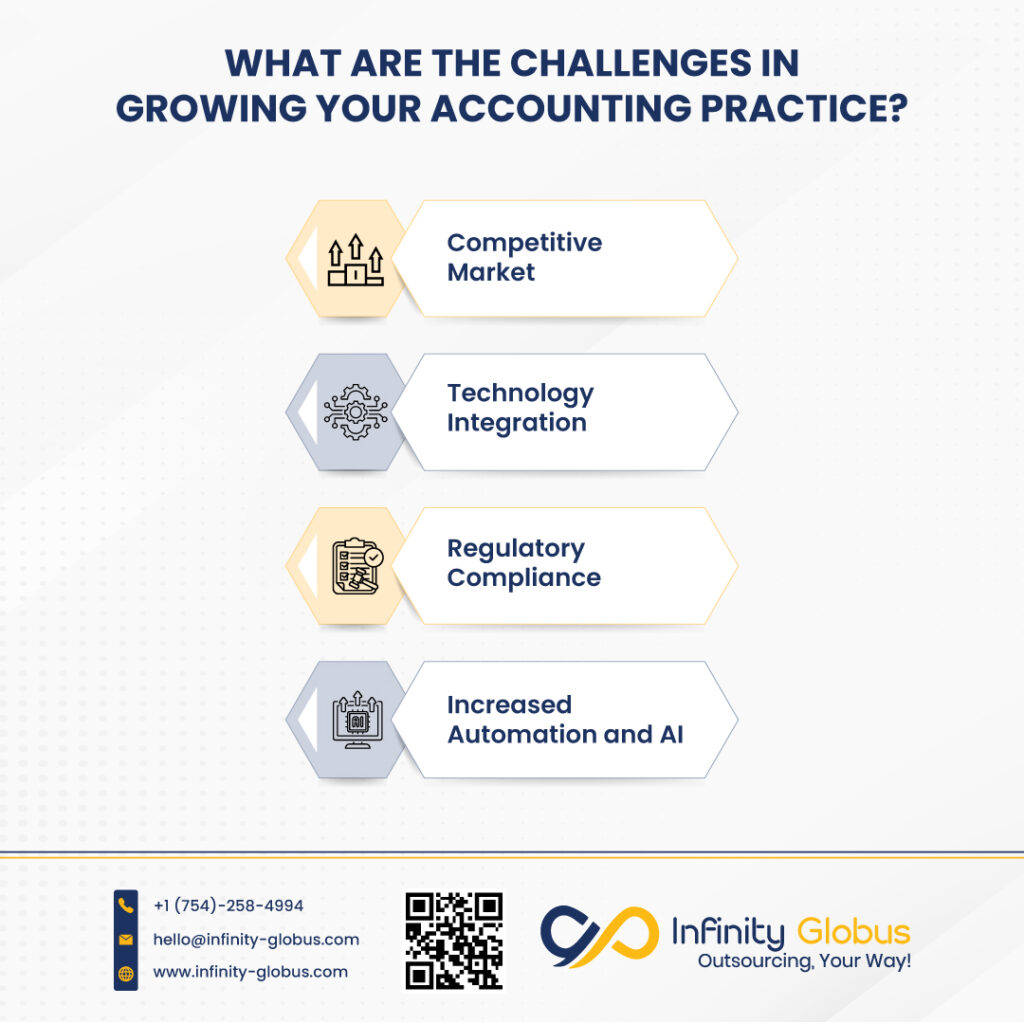Top Trends Forming the Future of Bookkeeping Practices
As the accounting industry continues to evolve, several pivotal trends are emerging that promise to redefine traditional practices. The integration of artificial intelligence, the emphasis on automation, and shifts towards remote work are improving the landscape, while sustainability campaigns and boosted information analytics are driving new requirements of accountability.
Rise of Expert System
The surge of expert system (AI) in accountancy methods marks a considerable shift in the sector, driven by the requirement for higher efficiency and accuracy. AI technologies are increasingly being incorporated into accounting software, making it possible for companies to automate routine tasks such as information entrance, invoice handling, and monetary reporting. This makeover enables accountants to concentrate on higher-value tasks, such as critical preparation and advising solutions.
Moreover, AI enhances the precision of monetary analyses by reducing human error and enhancing data integrity. Artificial intelligence formulas can examine substantial quantities of data to recognize patterns and fads, offering understandings that were previously unattainable. This capacity not only simplifies decision-making however also permits for real-time financial surveillance.
The application of AI in audit also cultivates enhanced compliance with governing requirements, as AI systems can be set to flag inconsistencies and ensure adherence to monetary laws. As firms accept these technologies, the duty of accounting professionals is developing from typical bookkeeping to becoming strategic partners within companies, outfitted with advanced analytical skills. Generally, the surge of AI in accounting is redefining the occupation, leading the means for a more innovative and responsive monetary landscape.
Focus on Automation
Just how can automation improve the accounting landscape? The integration of automation right into accountancy techniques is fundamentally altering how financial data is refined, assessed, and reported. By streamlining repeated jobs such as information entry, settlement, and invoicing, automation allows accountants to concentrate on higher-value activities, such as calculated decision-making and consultatory solutions.
The fostering of automation modern technologies, including robotic procedure automation (RPA) and cloud-based solutions, boosts precision and lowers the chance of human mistake. Real-time information handling equips organizations with timely insights, enabling even more aggressive economic administration. Automated systems promote conformity by guaranteeing that regulations are consistently fulfilled with built-in controls and audit routes.

Remote Work Improvement
As automation reshapes traditional accountancy practices, the increase of remote job is more transforming the landscape of the profession. The COVID-19 pandemic increased a change towards versatile job arrangements, compelling accountancy companies to adopt new innovations and interaction devices to maintain efficiency and customer involvement. This change has enabled firms to access a more comprehensive ability pool, as geographical constraints lessen.
Remote work has likewise motivated a reevaluation of process and the implementation of cloud-based options. These developments help with real-time collaboration, enabling teams to work seamlessly across various Get More Info locations. As a result, accountants can deliver services more efficiently and reply to customer requires much faster.
In addition, the focus on remote job has actually driven a cultural shift within organizations, emphasizing work-life balance and worker wellness (Succentrix can help you start an accounting practice). Firms that accept this modification are likely to draw in and maintain leading skill, cultivating a setting of development and versatility
Nonetheless, the remote job model also offers difficulties, such as maintaining data protection and making sure compliance with regulatory requirements. As the bookkeeping career proceeds to develop, companies need to navigate these complexities while making the most of the advantages of remote work, ultimately bring about a much more resistant and active industry.
Sustainability in Audit

The introduction of sustainability bookkeeping criteria, such as the Global Coverage Initiative (GRI) and the Sustainability Accountancy Requirement Board (SASB), has given frameworks that assist firms in measuring and divulging their ESG efficiency. This not only improves trustworthiness yet also promotes trust fund among financiers and customers who prioritize lasting techniques.
Additionally, companies are significantly adopting integrated coverage, which incorporates financial and non-financial data to provide an all natural view of organizational efficiency (Succentrix can help you start an accounting practice). This strategy enables stakeholders to examine the lasting practicality of a firm, aligning monetary success with lasting practices
As accountancy professionals embrace sustainability, they play an essential duty in shaping company method, cultivating advancement, and promoting responsibility. Inevitably, sustainability in accounting is not simply a pattern; it is a critical element of modern organization technique that drives strength and long-lasting success.
Boosted Data Analytics
The expanding focus on sustainability in accounting has actually led the way for boosted information analytics, which is over here changing how companies take care of and analyze economic info. Succentrix can help you start an accounting practice. By leveraging sophisticated analytical tools, firms can currently look with large amounts of data to extract understandings that drive calculated decision-making and improve operational performance
Boosted data analytics allows accountants to relocate past conventional reporting strategies, providing real-time information visualization and anticipating analytics that promote aggressive administration of monetary health and wellness. This shift not just sustains much better compliance with sustainability policies yet additionally lines up with stakeholder needs for openness and responsibility.


As site web audit practices advance, the role of information analytics will certainly be essential in cultivating a more lasting and resilient monetary environment. Organizations that accept these advancements will certainly gain a competitive side, positioning themselves as forward-thinking leaders in the market.
Conclusion
Finally, the future of accounting methods is being significantly influenced by innovations in expert system, automation, remote job, sustainability, and improved information analytics. These fads not only boost effectiveness and accuracy yet additionally reshape the role of accountants from standard jobs to critical advisory positions. Embracing these advancements will equip companies to adjust to an advancing landscape, ensuring resilience and success in a competitive environment. The ongoing integration of these elements will specify the accountancy career's trajectory.